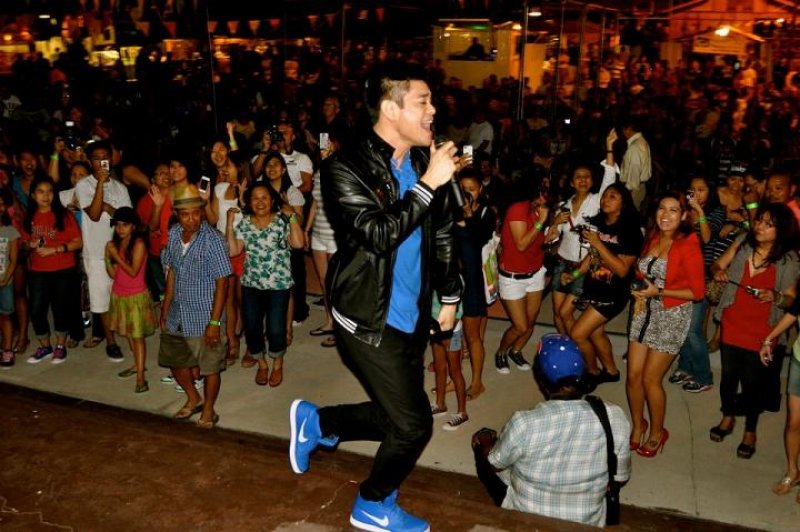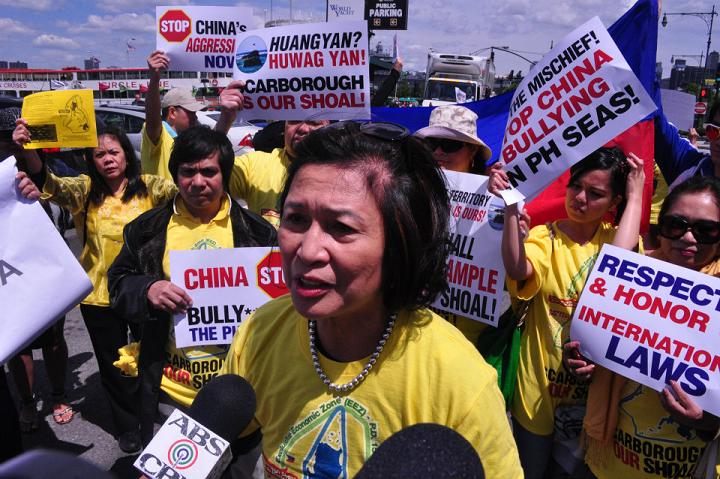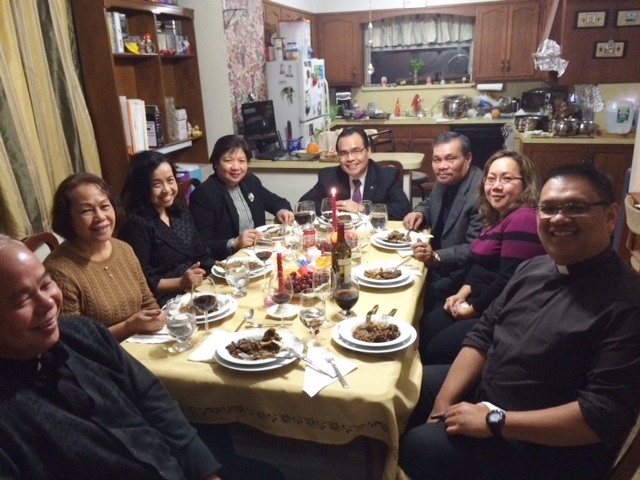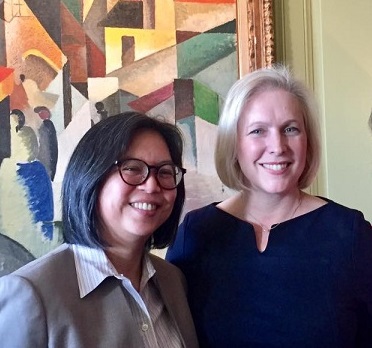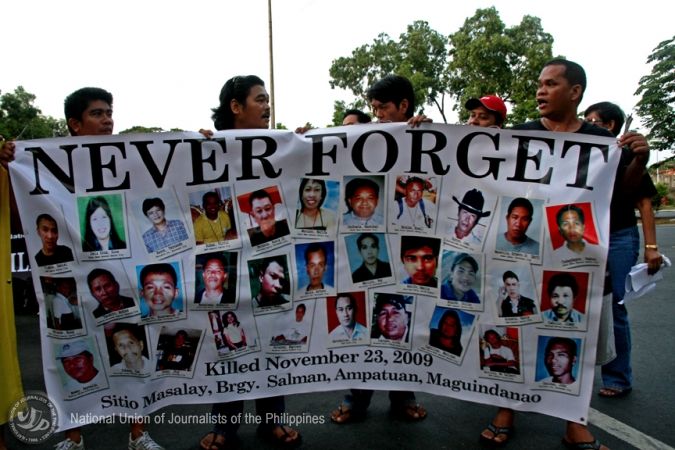Maguindanao Massacre revisited: Is the only journalist hero a dead journalist?
By Ludy Astraquillo Ongkeko, Ph.D.Hearing from Carlos H. Conde, Philippine researcher for Human Rights Watch, the largest human rights non-government organization (NGO) based in New York, this story’s author ventures to inquire from her homeland an answer to: “Four Years On, No Justice for Maguindanao Massacre Victims?”
The same could be asked, how about justice for other journalists who, long before that Mindanao Massacre, vanished from their reportorial assignments never to be seen again?
Is the only journalist hero a dead journalist? This query has surfaced many a time after the aforementioned Maguindanao Massacre was exposed to the world of journalists.
Although one would just write about journalists as victims, ‘no justice,’ as yet, what would any observer of the Philippine scene add about the political activist whose fate has likewise joined what has been called “extrajudicial?”
Political scientists and analysts have not hesitated to name the non-action on the murder of journalists and political activists in the Philippines ‘the culture of impunity.’
As this publication goes to press, coming from the aforementioned Conde commentary, justice is not in immediate sight at all.
News reports continue to tell and re-tell about “those 58 media men and women who lost their lives while in a convoy of vehicles to Shariff Aguak town, capital of Maguindanao in what has been identified as the Filipino nation’s “worst election-related violence.”
Meanwhile, it was further learned that their immediate families have spent their energies to ‘exact compensation from their government.’
Reportedly, those same kin identified as close relations of the allegedly murdered journalists, have been heard to ‘look forward to the United Nations for help,’ along lines of that same compensation not given by ‘their government.’
Harry Roque, the family victims’ lawyer explained: “no figures exacted,” in their move to invoke the International Covenant on Civil and Political Rights to ‘demand reparation from the state for violation of the victims’ right to life.’
The alleged Maguindanao killings of 58 people, including 32 journalists, happened on November 23, 2009. It was called the “worst single attack against members of the media in history and one of the Philippines’ worst single incidents of political violence.”
Reports indicated that the number of the individuals accused in the alleged massacre was 108, but only eight have been identified as principal members of the Ampatuan clan, well-known political leaders, likewise, equally well-known allies of Gloria Macapagal-Arroyo, the former president.
Basic facts of the case remain undisputed. Armed men paid by the Ampatuan family, including local police and soldiers, stopped the aforesaid convoy that included the wife of Esmael Mangudadatu, opposition politician, his supporters and family members along with more than 30 members of the media. Mangudadatu sent his family to ‘file his candidacy for provincial governor in elections scheduled for the following year.’ Tragically, as reported, everyone was ‘promptly executed.’
Why is the case in ‘effective judicial limbo?’ Ninety-four suspects remain at large while bail petitions and testimony challenges by the defense lawyers of the 101 suspects in custody have ‘overwhelmed’ the court.
It is not just the failure of the judicial process. It is about threats on a principal witness and his family; likewise, it was disclosed that the Philippine government’s inability or unwillingness to stop those ‘powerful political families’ allegedly involved in the case against the massacre perpetrators goes back to how Malacanang has interpreted that same deplorable case: ‘the crime happened on another President’s watch.’
Little wonder. The bereaved families of the victims have no other recourse but to seek help from the United Nations Human Rights Committee.
Isn’t what is happening to the Maguindanao Massacre a ‘cruel reminder to activists, journalists, and politicians critical of the status quo that they too might be targeted with impunity?’
Conde’s statement: “The human rights rhetoric of the government of President Aquino III has not transformed the dangerous reality on the ground. As Aquino enters the last half of his six-year term in office, he should recognize that he will be ultimately judged by his actions, not his words.”

